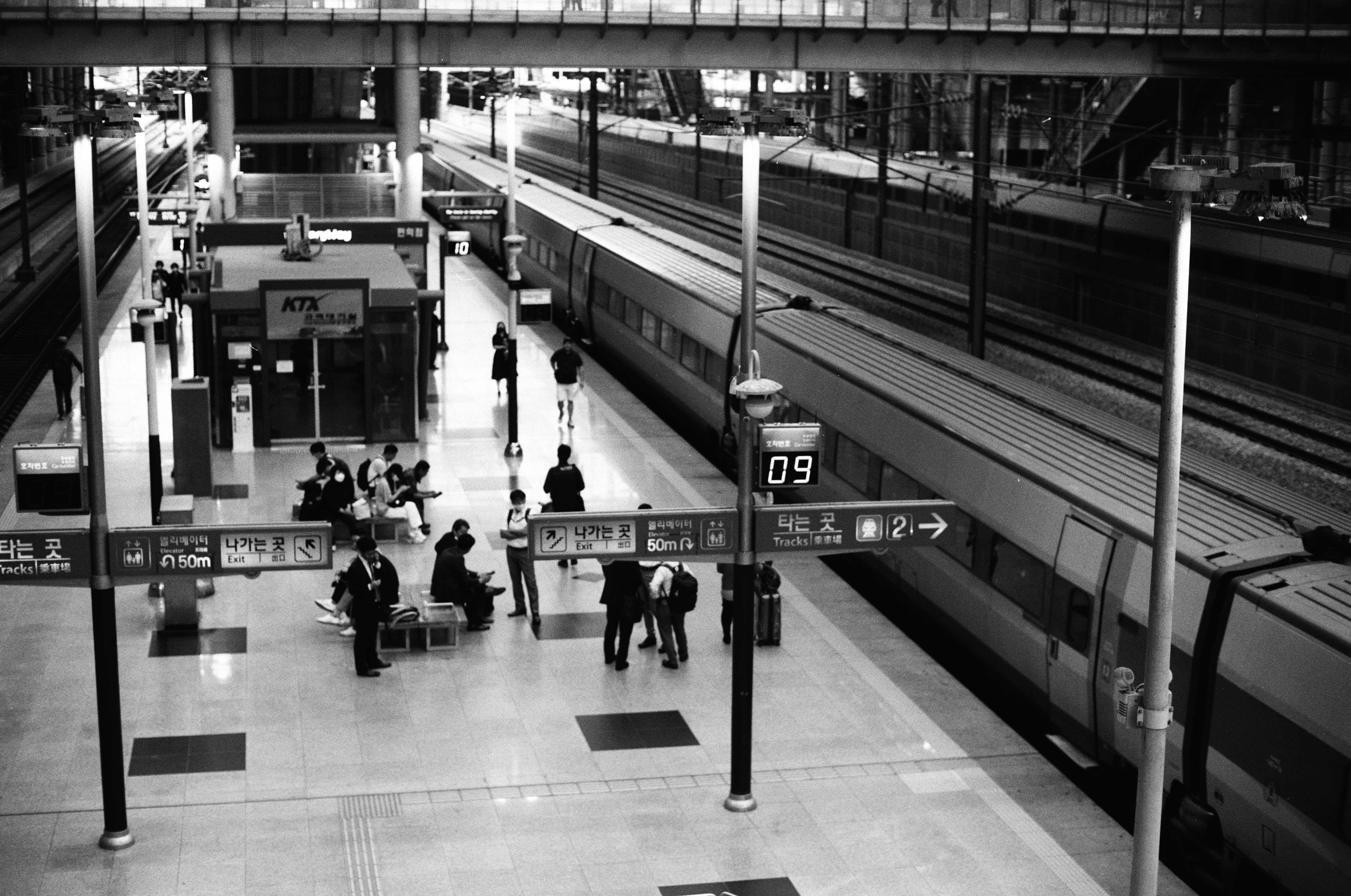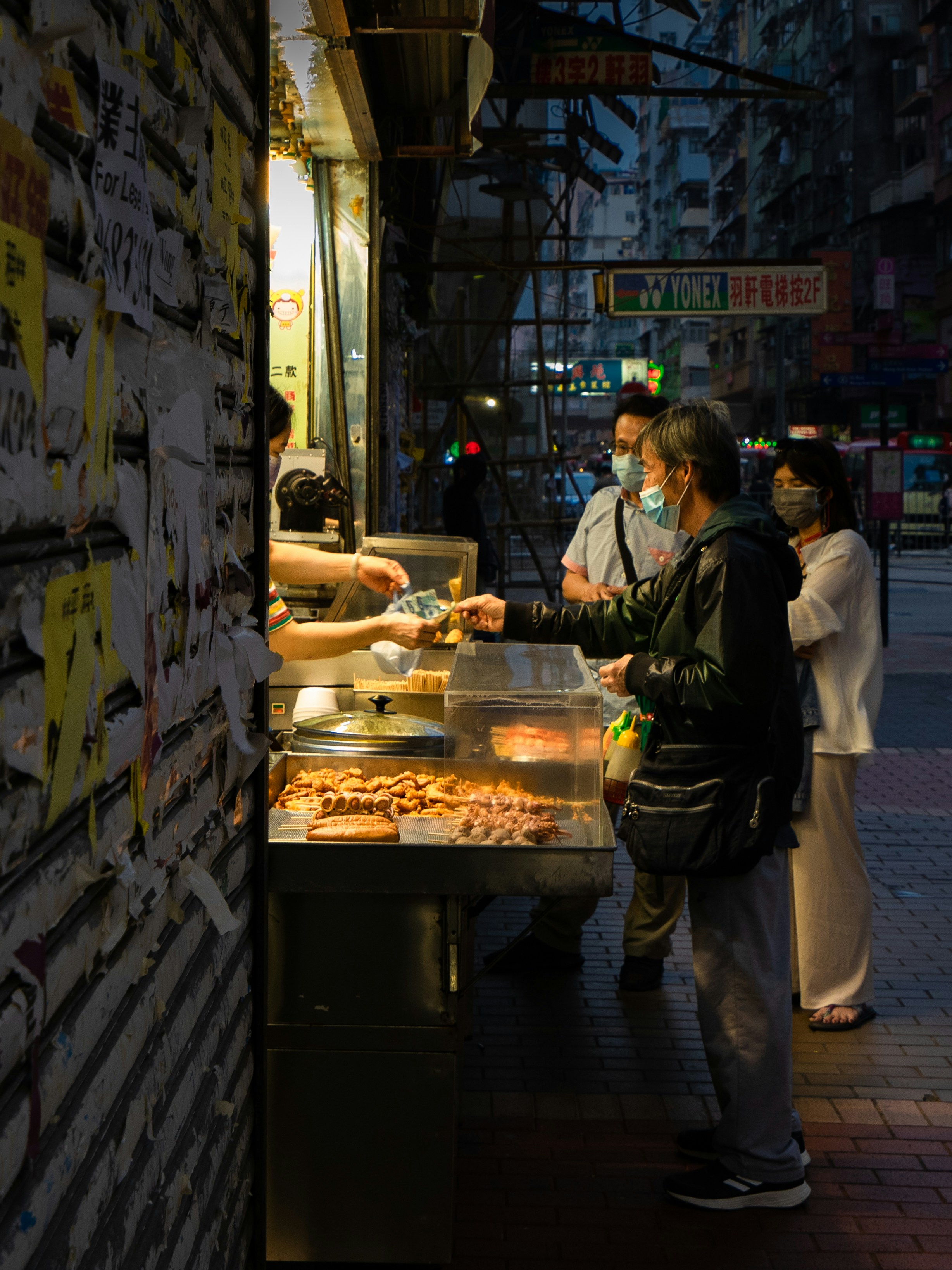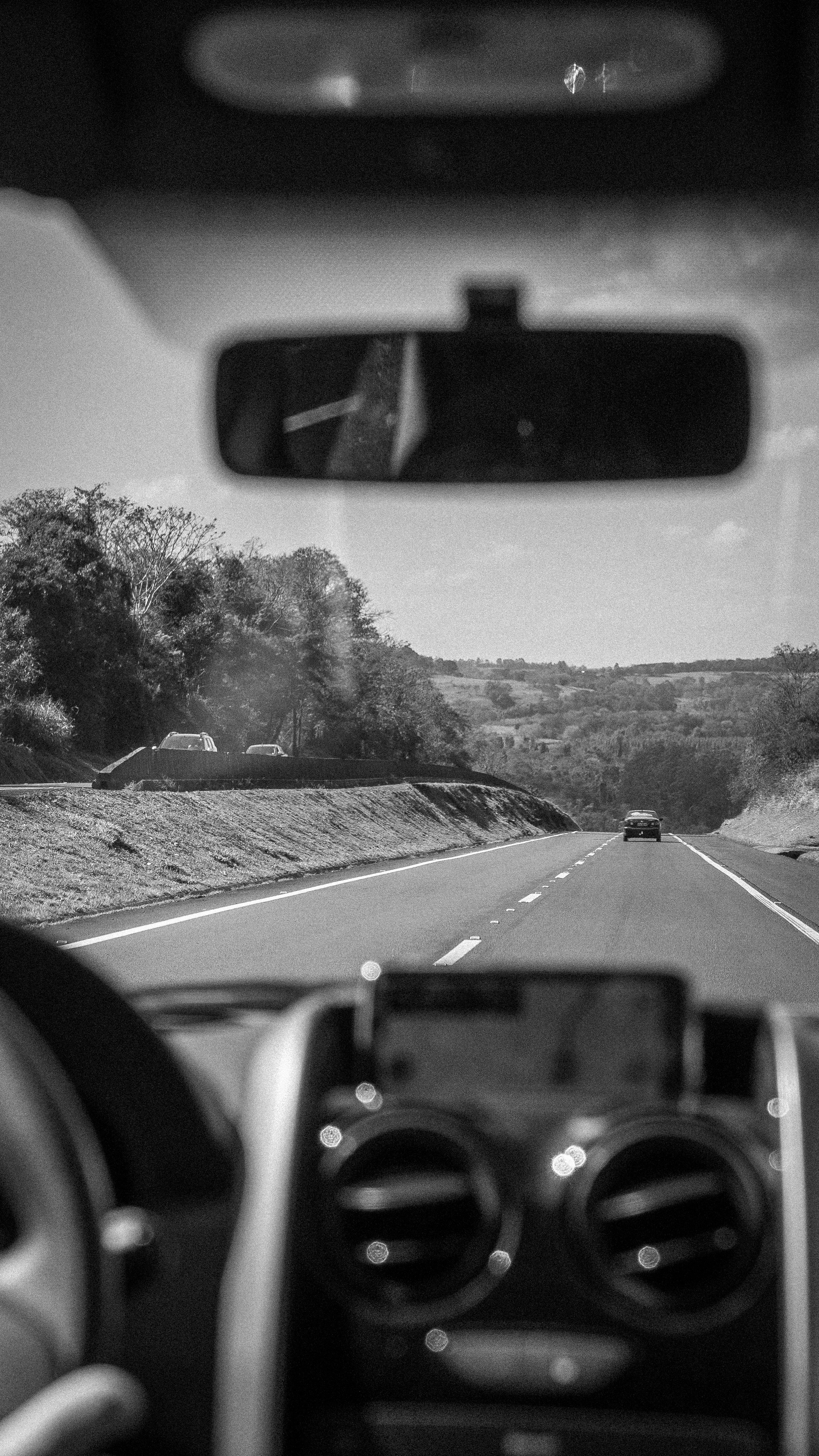Unmasking Hidden Travel Costs: Save Big on Your Next Adventure
Traveling is a transformative experience that often carries a hefty price tag. However, not all expenses are visible at first glance. To enjoy your journey while keeping finances in check, it's crucial to identify and minimize hidden travel costs that can derail a budget. This guide will explore the various invisible expenses travelers often overlook and provide actionable tips on how to mitigate them.
Embracing the Reality of Hidden Costs

When heeding that wanderlust call, many travelers budget for plane tickets, accommodations, food, and activities. But, have you ever considered the costs lurking under the surface? From currency exchange fees to incidental expenses, understanding these hidden costs can save you from budgetary heartbreak. Whether you're traveling solo, with family, or looking to maximize every dollar, recognizing these expenses can transform your financial strategy.
Understanding Exchange Rates and Currency Fees

One common hidden expense travelers face is currency conversion. When you exchange money, banks or exchange booths might charge exorbitant fees or offer unfavorable rates, thus trimming down your travel budget significantly. To combat this, it's wise to look into currency hacking strategies before your trip. Consider using credit cards that offer no foreign transaction fees or withdrawing cash from ATMs that belong to your home bank’s network. Each small saving can add up to a more enjoyable experience.
Ongoing Accommodation Fees: What to Watch Out For

While hotel or rental listings often show competitive nightly rates, they can come with additional costs. Many platforms sneak in cleaning fees, resort fees, and taxes that aren’t calculated in the initial price. Always read the fine print and calculate the total cost per night, including hidden charges. Additionally, consider alternatives like house swapping, as discussed in our article about discovering global cultures through house swapping. This can offer you comfortable lodging without the heavy financial burden.
Transportation: The Costs Beyond the Fare

When booking transportation, the fare is just the beginning. In cities known for public transport, consider ticketing systems that might add unexpected charges, including travel cards or service fees. Renting a vehicle? Be mindful of insurance charges and fuel policies that could inflate your final bill. To save on transport costs while still enjoying adventures, look into carpooling options or ridesharing services like Lyft or Uber, ensuring you understand the pricing structure up front.
Food & Dining: More than Just Meals

Dining out can quickly become a financial black hole on any trip. Eating at popular tourist traps can yield high prices for mediocre meals. To minimize food costs, indulge in local cuisine by savoring street food, which is both affordable and authentic. A guide to savoring street food will enhance your culinary experience without breaking the bank. Furthermore, if you’re staying somewhere with a kitchen, consider shopping at local markets to whip up your own meals using regional ingredients.
Unpredictable Activity Fees

While touring must-see attractions, keep an eye out for hidden costs, like entry fees, equipment rental charges, or guided tour prices that can sneak up on you. Always check in advance for any additional expenses and gauge their value relative to your overall budget. Some museums and attractions may have free admission days or discounts at certain times, which can be very beneficial for keeping your travel expenses in check.
Creating a Budget Framework to Account for Hidden Costs

Establishing a solid budget framework before you embark on your journey is key to enjoying a budget-friendly experience. By categorizing potential costs and including a buffer for hidden expenses, you give yourself more flexibility.
Track Your Spending

Using mobile apps or spreadsheets can help maintain visibility on your spending during your travels. Documenting expenditures as they happen will allow for adjustments while keeping overall costs manageable. This habit can also inform your future travels by highlighting spending patterns and areas where you can save.
Build a Buffer into Your Budget

As a rule of thumb, adding an extra 10-20% to your estimated budget can cushion against unexpected costs. Whether it’s trying that incredible street food vendor you hadn’t anticipated or handling an emergency, a buffer can ensure you maintain financial tranquility while enjoying your adventure.
Set Clear Priorities
Before your trip, define what experiences matter most to you. Are you hoping to immerse in local culture, indulge in hearty meals, or explore world-famous landmarks? Prioritizing your spending based on these interests allows you to tighten the budget for less important activities. For example, engaging with locals often yields cherished memories without a hefty price tag, allowing you to connect with your destination in meaningful ways.
Leveraging Loyalty Programs for Savings
Exploring destinations while saving money through loyalty programs can be a savvy move. Various airlines and hotel chains offer reward programs that allow you to accrue points every time you travel. Although this could seem tedious or unnecessary, accumulate enough points and you could redeem them for free flights, hotel stays, or even upgrades. Research unique loyalty program perks specific to your favorite travel brands.
Harness Credit Card Rewards
Leveraging your credit card can be a great way to amplify your travel rewards. With each purchase, you could be earning points or cash back that can be reinvested into your travel budget. Opting for cards that provide additional points for travel-related purchases can multiply your savings potential, making them an invaluable tool for budget-conscious travelers.
Packing Wisely to Avoid Additional Costs
Packing wisely can stem unexpected expenditures, particularly on the road. Before departure, ensure you have all necessary items that will prevent costs from accruing during your travels, such as:
- Medications: Avoid buying overpriced medicine while abroad for ailments you could treat with what you have at home.
- Travel Gear: Consider investing in a good travel backpack that allows you to avoid checked baggage fees.
- Reusable Essentials: Bringing a reusable water bottle is not only eco-friendly but a major cost-saver in areas where you can access free drinking water.
Navigating Connectivity Costs
Nothing is more frustrating than returning from travel to find hundreds in data roaming charges. Investigate local SIM card options or international data plans beforehand. By connecting with locals, you can also get insider tips on data plans worth pursuing for your travels. Employing these methods makes staying connected easier and cheaper.
Final Thoughts
In the end, navigating the invisible costs of travel requires diligence, foresight, and a touch of creativity. By planning ahead, accounting for hidden expenses, and utilizing budget-friendly strategies such as engaging with locals and utilizing budget accommodations, you will open up a world of memories without the cloud of financial stress.
Your next adventure awaits, so keep your mind sharp against unseen costs and your heart open to the beauty travel brings.
If you want to dive deeper into unique travel experiences, don't forget to check out our articles on mindful travel and the art of slow travel, both of which provide in-depth strategies to enhance your journeys without swelling your budget.



